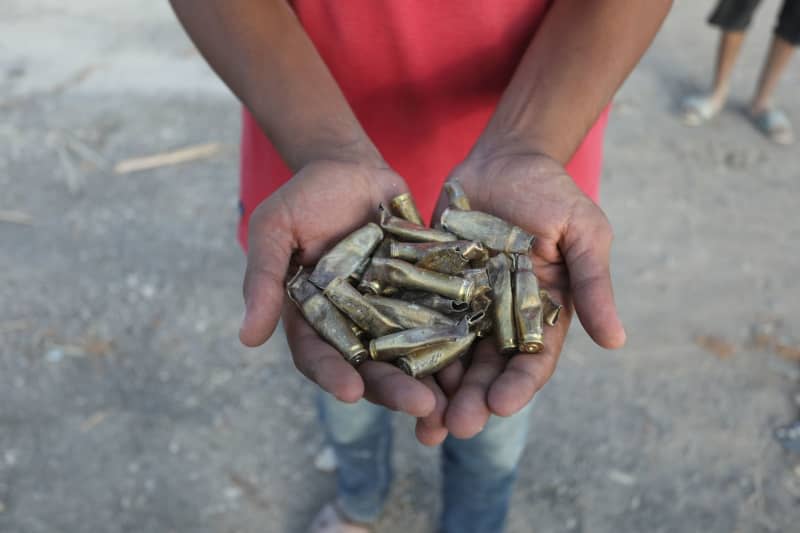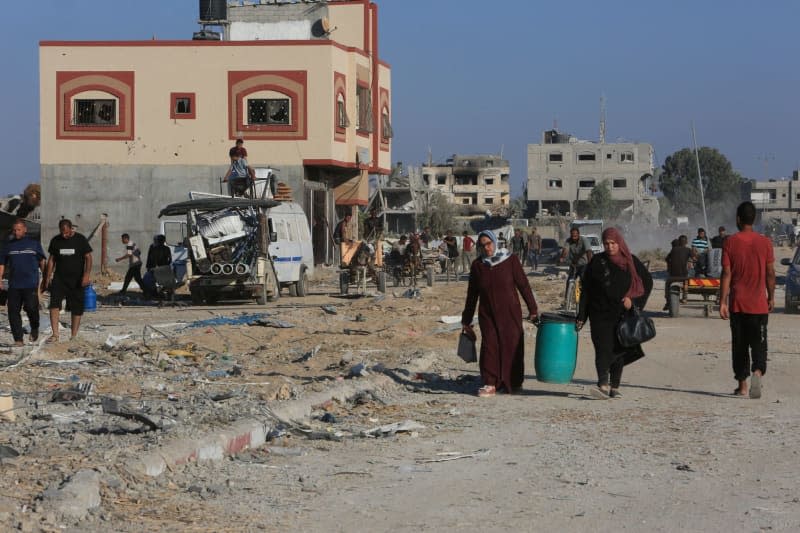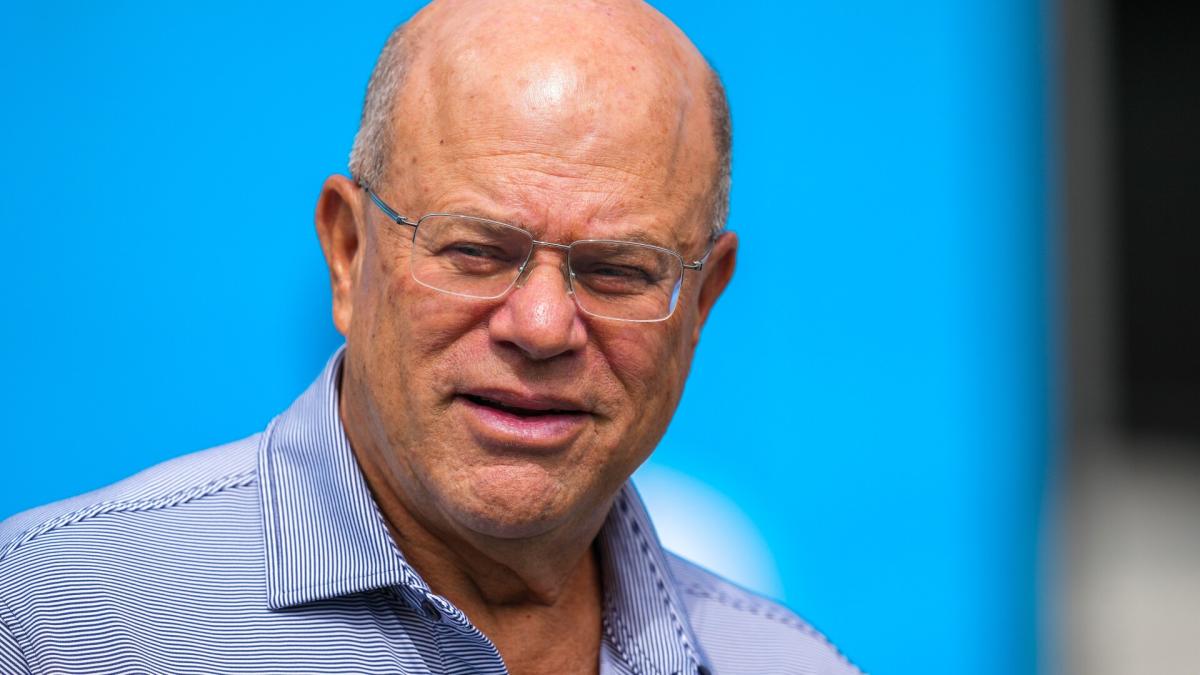Israel has agreed to limited daily pauses in fighting in the Gaza Strip from Sunday to allow for hundreds of thousands of children to be vaccinated against polio, the United Nations said on Thursday.
Fighting is to cease in three areas of the Palestinian territory from morning to afternoon on three consecutive days each, according to Rip Peeperkorn, a representative of the World Health Organisation (WHO), citing a commitment made by the Israeli authority responsible for Palestinian affairs, COGAT.
“So it has been agreed that the campaign will be delivered (…) in a phased approach over three days,” Peeperkorn said.
Peeperkorn said the polio vaccination campaign would be launched on September 1. “We start in central Gaza for three days, followed by South Gaza and then followed by the North of Gaza,” he added.
A fourth day might be needed for each region, according to the WHO official.
“We expect that all parties will stick to that,” Peeperkorn said.
“Otherwise, it is actually impossible to do a proper campaign, because you will definitely not reach 90%,” he said, referring to the share of children that need to be vaccinated against the type 2 polio virus in order to prevent a polio outbreak in Gaza, according to the WHO.
The daily pauses in fighting to facilitate the vaccination of more than 600,000 children would start at 6 am and end at 3 pm, he added.
Following the discovery of polio viruses in waste water in Gaza, vaccines against the disease for 1.26 million people were brought into the coastal area last week as it endures an ongoing Israeli siege.
The United Nations is looking to immunize some 640,000 children under the age of 10 in the Gaza Strip against the virus in two rounds of vaccinations.
In order for the doses to be administered, UN representatives had called for temporary ceasefire in the Gaza war that began almost 11 months ago.
The head of the World Health Organization (WHO), Tedros Adhanom Ghebreyesus, had expressed strong concern about the case of a 10-month-old baby on the social media platform X on Friday.
The child from Deir al-Balah in the centre of the Gaza Strip is the first confirmed case of polio in the Gaza Strip in 25 years. The baby showed signs of paralysis in his left leg, but was in stable condition.
Since the beginning of the war triggered by the Hamas attack on Israel on October 7, many babies in the Gaza Strip have not been vaccinated.
The terrible hygienic conditions in the coastal strip, where numerous internally displaced people have to survive in very confined spaces and clean water is scarce, could contribute to the rapid spread of the disease.
Polio is an infectious disease that can cause paralysis and lead to death.
Poliovirus is transmitted via faecal and oral contamination. It has been detected in Gaza waste water in recent weeks, although no cases have yet been confirmed.
Amid the collapse in the territory’s health care systems, however, the WHO is concerned that the disease could be spreading undetected.
“We need absolute freedom of movement for health workers and medical equipment to carry out these complex operations safely and effectively,” the WHO Director-General said earlier this month.
According to Peeperkorn, the WHO and partner organizations are relying on a mixture of vaccination centres and mobile teams to vaccinate people in the Gaza Strip.
Families have access to 392 centres throughout the territory, he said. Almost 300 mobile teams are also being deployed to bring the vaccine to people in need.
In total, more than 2,100 medical staff are deployed for this purpose. A second round of vaccinations is normally carried out four weeks after the first.





David Turner is a globe-trotting journalist who brings a global perspective to our readers. With a commitment to shedding light on international events, he explores complex geopolitical issues, offering a nuanced view of the world’s most pressing challenges.







